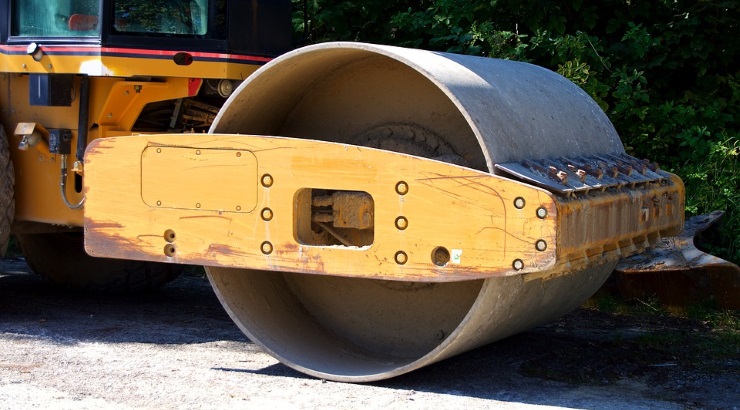Materials & Supplies
Bamburi Cement Unveils New Binder for Kenya Roads
RoadCem is expected to cut road building costs while enhancing job site efficiency.

Bamburi Cement is pioneering new technologies for road construction as it eyes a share of lucrative highway projects that are set to be undertaken across the country.
The NSE-listed company, which is controlled by French cement giant Lafarge Holcim, has introduced into the local market a hydraulic road binder dubbed RoadCem which is expected to cut road building costs while enhancing job site efficiency.
RoadCem is essentially a stabilisation additive developed for application in road building and hydraulic engineering, utilising a fine blend of powdered zeolites that enables binding with almost any kind of material.
The product is designed to stabilise and improve the physical and mechanical properties of soil in road construction works.
Unlike the standard lime or cement stabilisation solutions, RoadCem allows for the use of normally untreatable soils -including organic and sulfate-bearing soils. Ordinarily, these materials hold several restrictions that limit options during construction works.
According to Bamburi, the hydraulic road binder is ideal for the treatment and stabilisation of road bases, sub-bases, capping layers, subgrades, platforms for parking, airstrip runways and more.
“We urge all players in the country’s road construction industry to fully embrace the use of the more cost-effective HRBs as opposed to the widely used OPCs.
“Laboratory tests show that the use of HRBs significantly improves stabilized soil thereby translating to more durable roads,” Bamburi CEO Seddiq Hassani said.
Bamburi appears to have heeded a government’s appeal to cement manufacturers to develop cost-effective products for use in soil stabilisation.
In 2014, Savannah Cement became the first cement company in the region to manufacture Hydraulic Road Binders, a product that is used globally to stabilise road surfaces.
RELATED: Savannah Eyes Road Sector Billions With New Product
Stabilisation of road surfaces is a process that combines soil, cement, and water to produce a hard, durable paving material that can be used for the foundation or base of road and airport pavements.
Bamburi recently completed the construction of a Sh4 billion production line at its Nairobi Grinding Plant – raising its overall grinding capacity to 3.2 million tonnes a year.
The expansion will see the firm begin production of Power Plus and Power Max which were previously produced at the Mombasa plant. The Nairobi plant was only producing Tembo and Nguvu brands.
Bamburi’s new products and capacity expansion come in the wake of anticipated demand credited to the rising investment in the construction sector.














